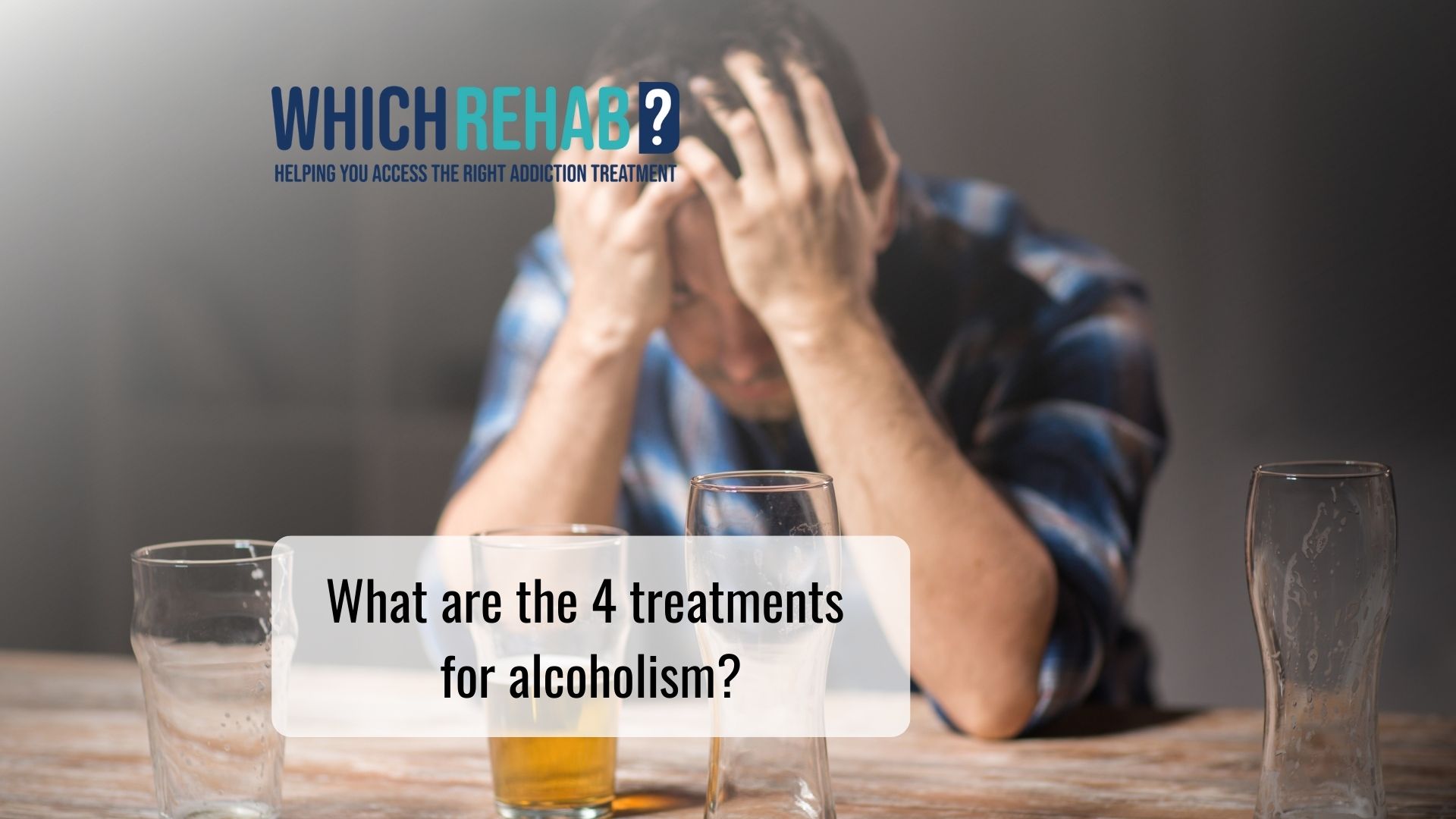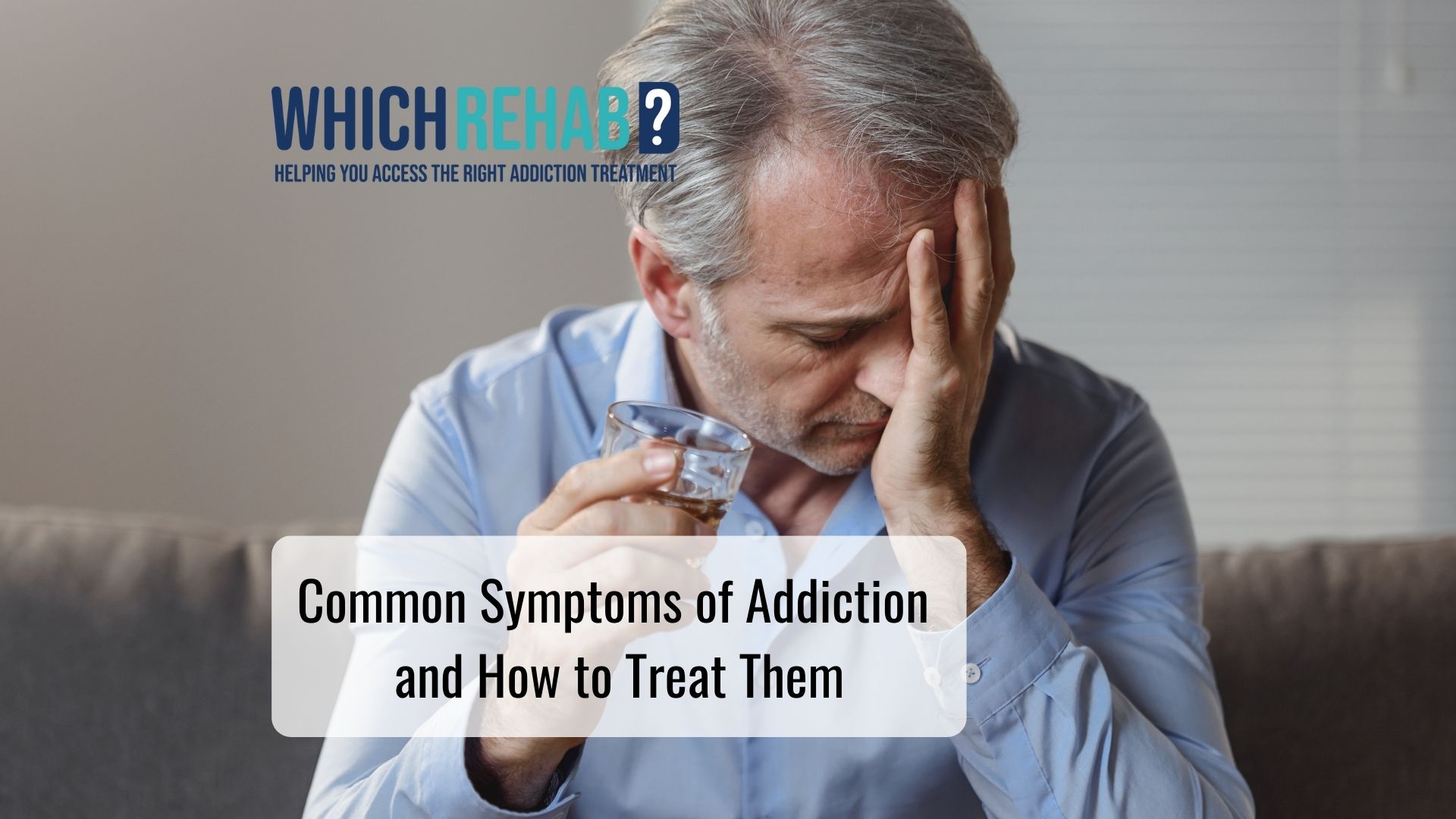
Free 0800 170 7000
London Local 020 7965 7365
Birmingham Local 0121 277 4441
[email protected]
Alcohol counselling can prove very effective and helpful in overcoming alcohol addiction and is a very flexible form of addiction treatment. A counsellor offers guidance and support along your journey to an alcohol-free life. No matter how long you have struggled with alcohol addiction or how much you drink, alcohol counselling can make a huge difference in your recovery.
The first step towards recovering from alcohol dependence is to first admit to the problem and recognising the impact this is having on both you and others around you. This is most often the hardest part, but with the help and support of an experienced counsellor, you are beginning your road to recovery.
The primary benefit of alcohol counselling is that you will develop a mindset that will better prepare you for life’s twists and turns. Although you have become accustomed to relying on alcohol to solve your problems or deal with negative feelings of emotions, alcohol counselling will give you the power to internally navigate away from those negative emotions, so your automatic response is no longer just about reaching for the bottle. With the help of an alcohol counsellor, you will be able to learn about how to manage and prevent triggers, work through cravings and sustain your recovery for a healthier, happier life.
In order to make a FULL recovery from alcohol addiction, it is imperative that a profound change in mindset and outlook is achieved and alcohol counselling is integral to achieving this. Alcohol counselling can support a person in getting sober but is also most helpful following on from an alcohol detox, rehab programme or a period of continued sobriety.
There are many different alcohol counselling approaches and therapies available. An alcoholic counsellor will usually use a number of approaches for optimum effect over a course of counselling sessions depending on different factors such as:
Alcohol usage – knowing how much you’re drinking is crucial when it comes to your therapy because it might help to identify the reasons why you are choosing to drink often.
The environment you live in – for some people, the environment they live in isn’t great and contributes to addiction.
Medical History – knowing your medical history will help your alcohol counsellor place you on a treatment program most suitable for you and your individual needs.
Types of therapies include:
CBT (Cognitive Behavioural Therapy) – The emphasis is on inducing a cognitive change in the person’s thought processing through using the power of challenging and suggestion. You are teaching your brain to think and learn differently from how you see things in the world.
DBT( Dialectical Behavioural Therapy) – The emphasis is on building a strong therapeutic working relationship with the counsellor, so that a very personalised and in depth approach can be used in addressing behaviour.
Integrated Counselling Therapy – This is where a psychologist, or qualified psychology counsellor, will integrate both counselling and psychotherapeutic approaches for maximum effect.
Person-centred Counselling – Person-centred counselling focuses on healing the individual as a whole person and not just one singular aspect, i.e alcohol addiction.
Counselling is most effective face to face but we also offer Skype counselling and telephone counselling for those that require more flexibility or feel uncomfortable leaving the safety of their home.
Finding the right alcohol counsellor, one that you feel comfortable with to help you overcome your addiction and personal barriers and maintain sobriety isn’t always easy. Here at Which Rehab we can help; Sober Guide only offer professional counselling, provided by fully qualified BACP registered Counsellors, specialising in the treatment of alcohol, drug and behavioural addiction and substance misuse.
We also offer counselling for the family that are affected by a loved one’s addiction and have a vast number of highly experienced and fully accredited registered alcohol counsellors based all over the UK.
Each addiction counselling programme is designed to address each individuals personal treatment needs and is very person-centred, incorporating all the various types of counselling that successfully treat addiction and dual diagnosis. Counselling treats a wide range of substance and behavioural problems; including those suffering from dual diagnosis illnesses such as anxiety, depression, borderline personality disorder, bipolar disorder, post-traumatic stress disorder and obsessive-compulsive disorder.
We can find you the perfect alcohol counsellor near me, search our directory or contact us to take care of all the necessary arrangements today.






Which Rehab Birmingham, UK Addiction Psychotherapy & Counselling
Drug & Alcohol Rehab Birmingham,
334 Summer Ln,
Birmingham, B19 3RG.
Which Rehab London, UK
Drug & Alcohol Rehab London,
3 St Augustine Court, Mornington Road,
London, E11 3BQ.